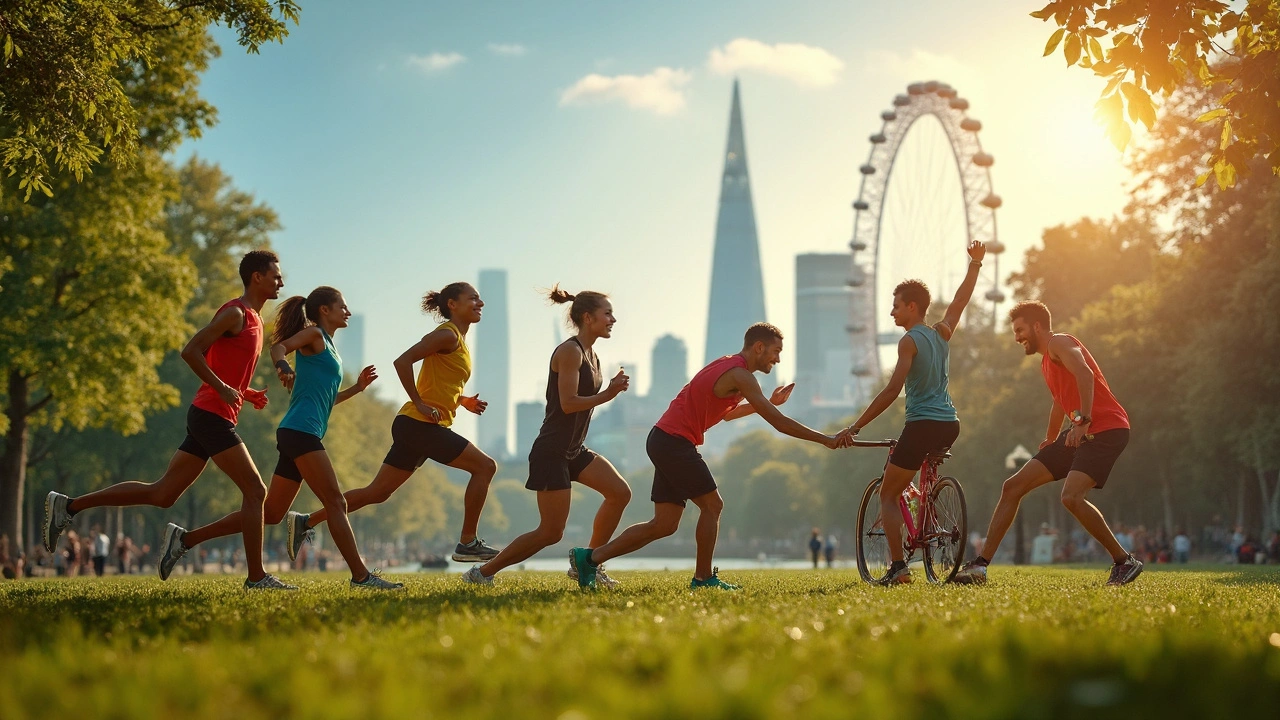Athletic Therapy: What Every Athlete Should Know
If you train hard, you know how quickly your muscles can feel sore or tight. Athletic therapy is the shortcut to faster recovery and fewer injuries. It isn’t just for pros – anyone who works out, runs, or plays sports can benefit. In London, you have a ton of therapists who specialize in sports massage, deep tissue work, and even hot stone techniques to get you back on track.
What makes athletic therapy different from a regular massage? It’s all about targeting the muscles you use most in your sport. A therapist will ask about your training schedule, recent injuries, and any tight spots you feel. Then they use pressure, stretch, and sometimes tools like warm stones to break down knots and improve blood flow. The result is less pain, better flexibility, and a quicker return to the gym.
Why Athletic Therapy Matters
First off, recovery is where the gains happen. After a hard session, your muscles need oxygen and nutrients to rebuild. A good sports massage pushes fresh blood into the area, which speeds up that process. Second, regular therapy helps you spot problems early. If a therapist feels a tight band or a sore tendon, they can suggest stretches or adjustments before it turns into a serious injury.
Another big win is performance. Athletes who get routine therapy often report better range of motion and more consistent workouts. That’s because the muscles stay relaxed and ready to fire, instead of staying cramped from previous training. In London’s competitive scene, a few extra minutes of therapy can be the edge you need to beat the competition.Finally, mental benefits are real. The calm of a massage reduces stress hormones, clears your mind, and gives you a mental reset before the next training block. When you feel good physically, you think clearer and stay motivated.
Getting the Most Out of Your Sessions
Book a therapist who knows your sport. Look for keywords like “sports massage London” or “athletic therapy” in their profile. A quick chat about your routine helps them tailor the session. If you’re new to deep tissue work, tell them to start light and build up – you don’t want to end up bruised.
Preparation matters too. Hydrate the day before and after your massage; water helps flush out the toxins that the therapist has loosened. Arrive a few minutes early so you can relax and discuss any new aches. During the session, give honest feedback on pressure – the therapist can’t read your mind, they need your cues.
After the massage, keep the benefits flowing. Do the stretches your therapist recommends, and consider a light activity like a short walk or gentle cycling to keep blood moving. If you have time, a quick hot stone session can add extra warmth, easing deeper muscle layers and extending the relaxation period.
Remember, consistency beats intensity. Even a 30‑minute session once a week can make a big difference compared to sporadic longer treatments. Set a regular appointment in your training calendar – treat it like any other workout.
London offers plenty of options, from boutique studios in Shoreditch to mobile therapists who come to your door. Choose a place that feels comfortable and fits your schedule. The right therapist will become part of your routine, helping you stay strong, flexible, and ready for the next challenge.
Sports Massage London: Your Partner in Athletic Success
Discover how sports massage in London helps athletes stay on top of their game. This article breaks down what sports massage is, why it matters, and how it speeds up recovery for both beginners and pros. Find out the different types of sports massage, how to get the best local service, and what to expect from your first session. Learn real tips to prevent injuries and boost your performance. Plus, get practical advice about booking and staying safe.
VIEW MORE
